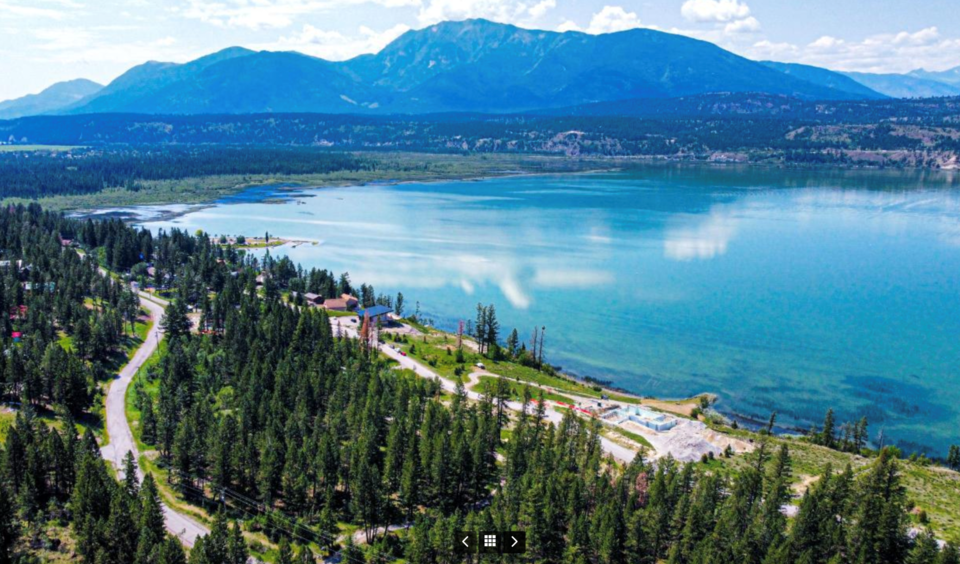The outflux from big cities that began with the pandemic has increased demand for properties across the Kootenays and north through the Columbia Valley, fueled in part by lower prices, exemption from British Columbia’s speculation tax on secondary homes, and an improving Alberta economy.
Buyers from Vancouver as well as the Okanagan, Alberta and even far away as Ontario have homed in on the region as an affordable alternative to better-known international destinations, local real estate agents say.
“Recreational property in particular benefited as much or more in pricing as the normal residential market, and a lot of it is because of the increase in remote work,” said Phillip Jones, president and owner of Royal LePage East Kootenay Realty in Creston.
“The majority of our buyers for years have come out of the Alberta market – Calgary, Lethbridge, Edmonton, probably in that order. But we’re seeing a lot more coming from the Okanagan, and a lot of it is because of the population increase there. It’s too busy.”
It doesn’t matter if the work is 10 hours or 10 minutes away, Jones added. People are building homes that allow them to enjoy the region’s lakes while maintaining their work lives.
No speculation tax
Property markets that are outside areas where the province’s speculation and vacancy tax apply have seen strong activity. While the tax applies to residential properties within Kelowna and West Kelowna, the Kootenays and most resort properties are exempt.
“The houses that we see going up on lake properties are amazing,” he said, noting that East Kootenay Realty operates a building division that just built a 6,000-square-foot waterfront house for an Alberta buyer at a cost of $2 million. Another owner spent $3 million on his waterfront residence.
But rising construction costs have increased the number of people looking for resale properties, just at a time when inventories are pinched. The initial surge in buying that followed the lockdowns of 2020 drew down inventories, and now anything that’s coming on the market is seeing multiple offers.
The situation is so intense in markets such as Invermere that the average selling price of a detached home rose 88 per cent last year to $666,000, according to Royal LePage’s annual survey of recreational properties. This was the biggest leap of anywhere in Canada, and four times the 22 per cent increase for B.C.
“With the increase in building prices that we’re seeing, our resale homes have just skyrocketed in value,” said Barry Benson of Royal LePage Rockies West Realty in Invermere. “We have a lot of demand and not a lot of supply.”
Preliminary census data from last year shows that many of the buyers are coming to stay. Invermere, for example, saw its population increase 16 per cent last year versus the previous census in 2016. Radium Hot Springs, best known for its hot springs and resort, saw an even greater increase of 73 per cent.
The closure of international borders has helped draw in more domestic buyers, Benson said. A recent buyer from Alberta recently sold a property in Whitefish, Montana and reinvested a portion of the proceeds in the Invermere area. And there was still enough left over to bank for other uses.
Buyers from Vancouver and the Kelowna area, where lakefront properties now start at $2 million, have done the same.
While borders have opened, most expect demand to stay domestic for the time being thanks to the lingering impacts of the pandemic and the fresh appreciation it created for domestic travel.
The fear of missing out is seen across the province, especially as construction costs put new builds out of reach and demand makes existing stock tough to secure.
“We’re seeing properties coming on the market with multiple offers, selling well above list price in a competitive environment,” Benson said.
The demand could ratchet up if the oil-fired Alberta economy remains strong enough for employers to start handing out bonuses to workers later this year, he suggested.
- For the full recreational real estate report, read the May issue of Western Investor



